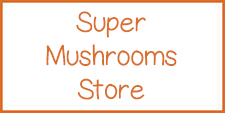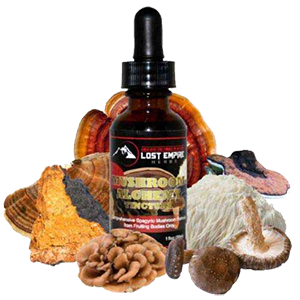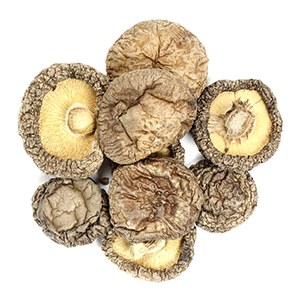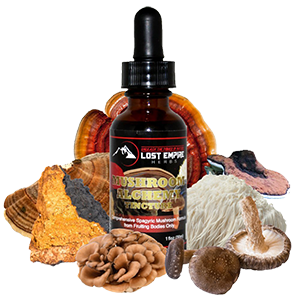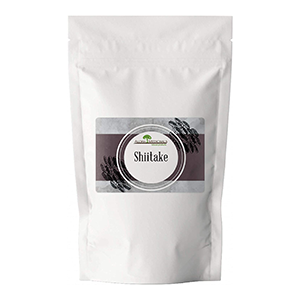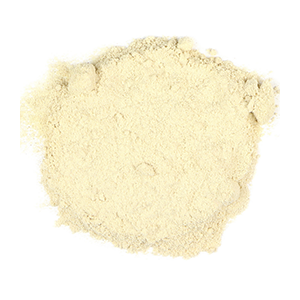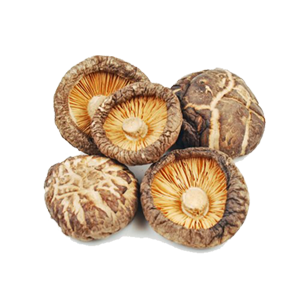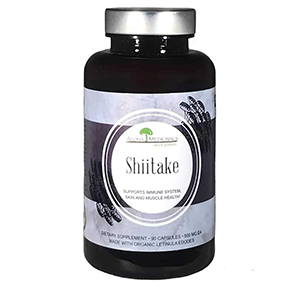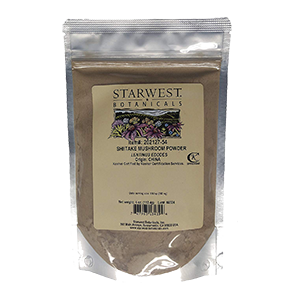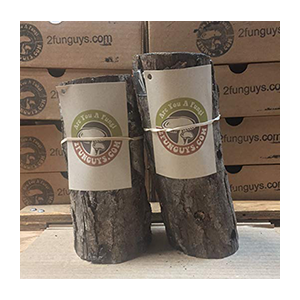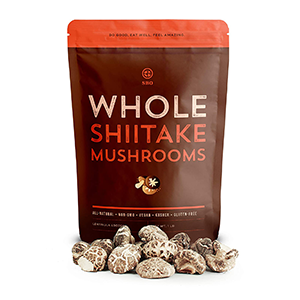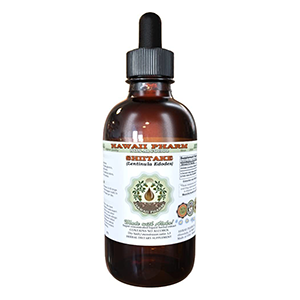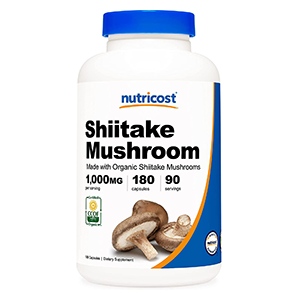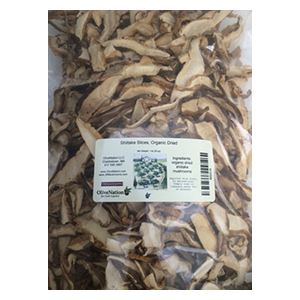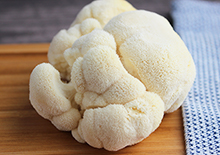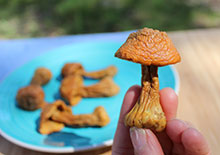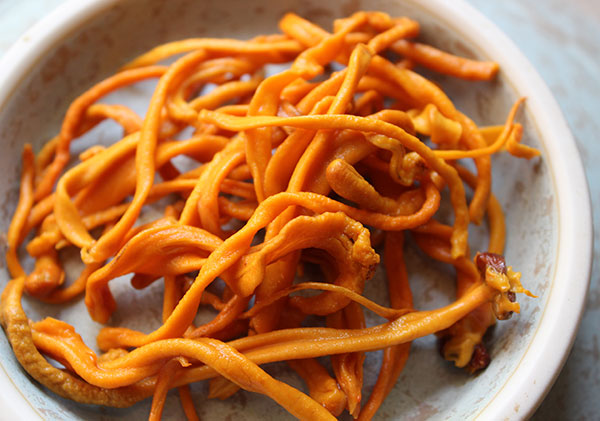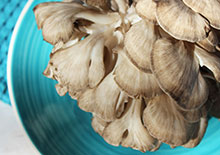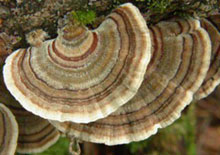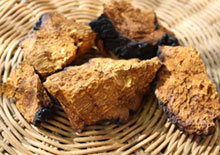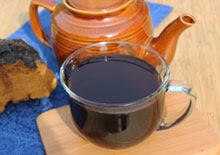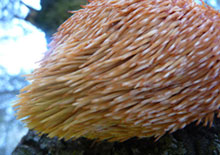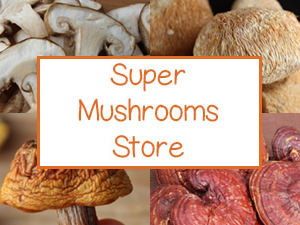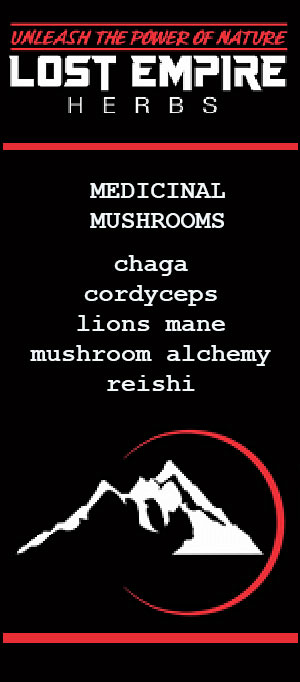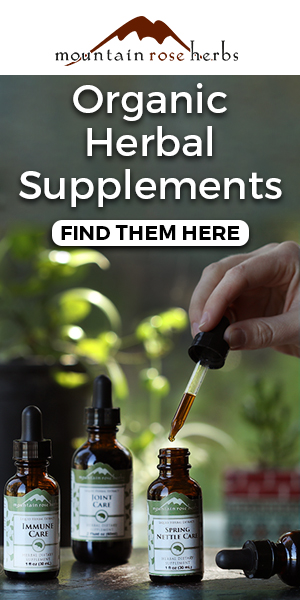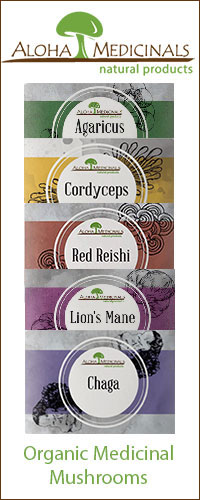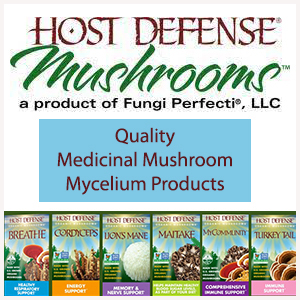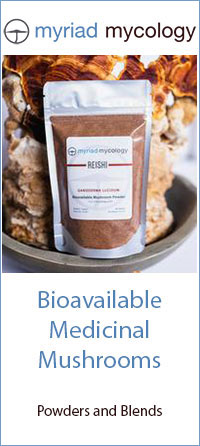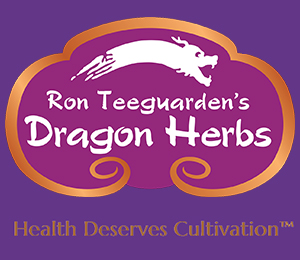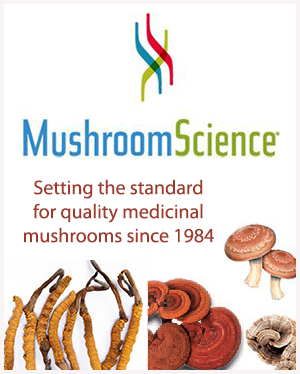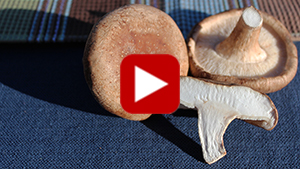- Home
- Super Mushrooms
- Benefits of Shiitake Mushrooms
Benefits of Shiitake Mushrooms, What About Vitamin D?
Intro | 2 Big Benefits | How to Use | About Vitamin D | Precautions | Shop
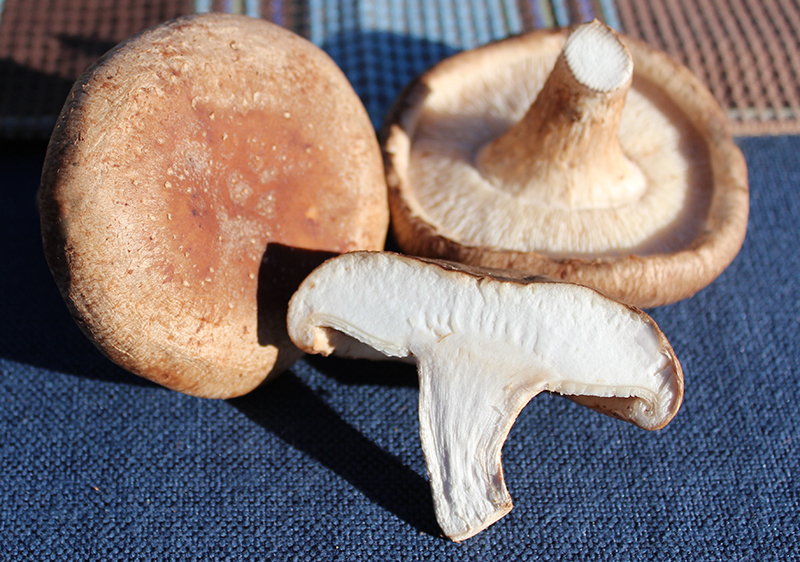
Shiitake mushrooms are by far one of the world's most popular edible mushrooms second only to the common white mushroom.
Lentinula edodes (formerly Lentinus edodes), known for their rich and robust umami flavor and meaty texture, are utilized extensively in East Asian foods and cherished as a gourmet variety by chefs around the globe.
Table of Contents
Intro | 2 Big Benefits | How to Use | About Vitamin D | Precautions | Shop
Shiitake, pronounced "she-tah-key", has the traditional cap and stem mushroom look that most people are familiar with.
They are frequently found in markets next to Agaricus bisporus species such as crimini, portobello and white button mushrooms. However, unlike these common mushroom types, they are like oyster mushrooms considered both a culinary as well as a medicinal mushroom variety.
Besides the delicious savory and earthy taste that shiitake provides to any meal, from a health perspective there are other major reasons why you might want to include them in your diet.
2 Big Benefits of Shiitake Mushrooms
1) Shiitake Contains Lentinan Beta-Glucans
2) Shiitake and Its Eritadenine Compound
1) Shiitake Contains Lentinan Beta-Glucans
One of the major health-encouraging compounds found in Lentinula edodes mushrooms is LENTINAN, a β-1,3 beta-glucan polysaccharide complete with highly structured β-1,6 branching side chains.
Regular consumption of shiitake mushrooms is often prized as a fungal ally to IMMUNE FUNCTIONS and lentinan is one of the researched active components that gives shiitake its immunomodulatory actions.
Lentinula edodes and its derived polysaccharides have been shown to enhance immunity and improve gut health in mice tested. Beta-glucans are specifically absorbed in the gut where they work with the gut-associated lymphatic tissue, a major component of proper immune responses. (*)
In other science, dried shiitake was shown to also improve immunity in human subjects.
A healthy immune system can be our best line of defense against illness so it's important to do what we can (ie: healthy diet and lifestyle practices) to encourage its optimal functioning.
Widely available either fresh or dried, shiitake is one of the most convenient to use out of all the medicinal mushroom varieties. Yes, species like chaga, coriolus or reishi, are more therapeutically potent, but shiitake can be more appropriate for everyday culinary uses.
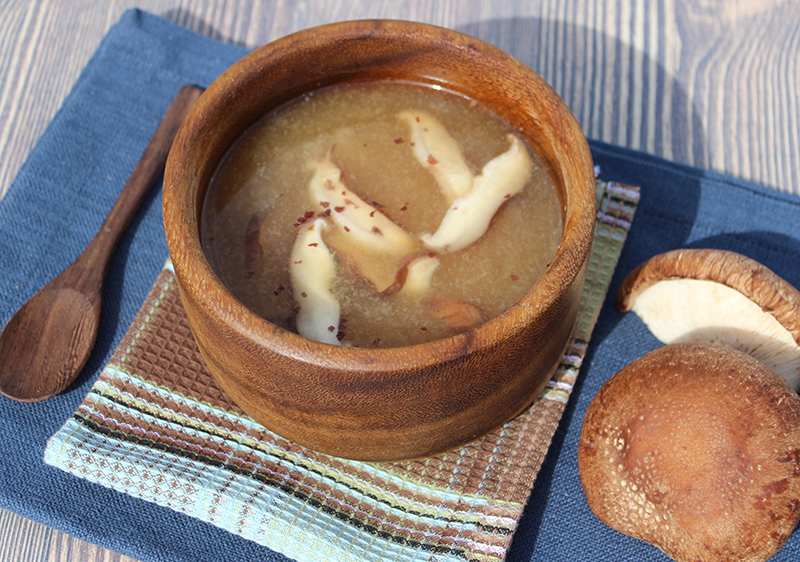
How to Use Shiitake for Highest Health Potentials
Raw uncooked shiitake is not as beneficial or as tasty. Heating it via steaming, sautéing or simmering methods not only helps to emphasize its favorable flavors but also releases these discussed nutritive polysaccharides..
Thus, liquid broths with shiitake are ideal for highest concentrated myco-nutrients. This is in fact the traditional way shiitake is served in many East Asian cultures in miso soup or noodle bowls for example.
Shiitake dashi broth is also made by soaking dried mushrooms in water or heating them to a near boil. Dried shiitake powders are another alternative and can be simply added to soups and stews or when making homemade vegetable stock.
Sometimes shiitake is also incorporated as part of an extract blend formula, offering greater beta-glucan diversity, which may be more suitable depending on your health goals.
2) Shiitake and Its Eritadenine Compound
There has been lots of past and present research on the benefits of shiitake for its support to the cardiovascular system. This is because shiitake contains a unique compound called ERITADENINE which is known to encourage reduced blood cholesterol levels.
Eritadenine is believed to impact lipid metabolism and lower triglycerides by helping the liver process them more efficiently. (*)
In a 2021 trial on individuals with borderline high cholesterol, participants consuming shiitake cereal bars showed a 10% reduction.
Eritadenine and its cholesterol-lowering potentials is found in dried shiitake or shiitake caps and stems.
Appreciated by both omnivores and vegans alike, shiitake's dense meaty texture and rich depth of flavor provides a nice accompaniment to many meat-based dishes. Moreover, they also make an ideal ingredient in vegetarian plant-based burgers, another win-win when you're wanting to decrease the number of cholesterol-rich foods in the diet.
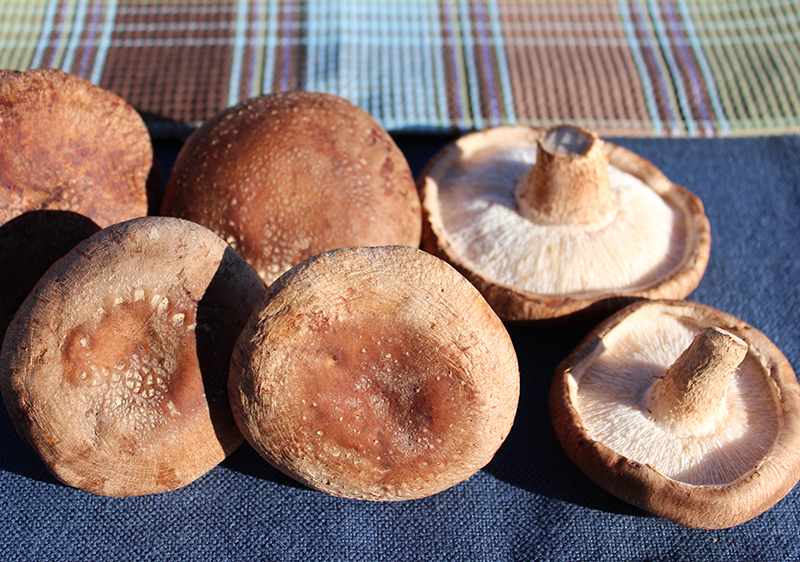
About Shiitake and Its Vitamin D Content
Mushrooms are often found on the vitamin D food list as most do contain this nutrient. Mushrooms, like shiitake, get vitamin D the same way that humans do by taking in ultraviolet sunlight.
Quality cultivated mushrooms that are exposed to ultraviolet light at the end of harvest are especially high in VITAMIN D2, which it converts from the ergosterol content found in the mushrooms.
The mushroom gills pull in the highest vitamin D2 when exposed to artificial UV light or sun-dried face-up. Dried mushrooms using these techniques can be especially concentrated.
What is Vitamin D Good For?
Vitamin D itself is an essential vitamin needed for efficient absorption of the minerals calcium, magnesium and phosphate vital for bone health. It is also needed for many other biological processes especially immune functions.
The two types of vitamin D are vitamin D3 (cholecalciferol) and vitamin D2 (ergocalciferol).
The
most natural source for humans is through sun exposure (specifically
UV-B radiation) in which vitamin D3 is synthesized via the skin.
Mushrooms as a Vitamin D Source
Both vitamin D3 and D2 can also be consumed through dietary intake using supplements or foods. Vitamin D3 is found in sources like animal products, seafood, lichen and fish oil. Vitamin D2 is found in sources like yeast, seaweed, algae as well as mushrooms like fresh or dried shiitake.
Generally, vitamin D3 is identified to have a greater uptake in the body and can potentially remain in the bloodstream for longer periods compared to vitamin D2. Therefore, it is often the recommended choice as a dietary supplement.
However,
in 2019 research, vitamin D2 from shiitake mushroom powder was shown to
increase bone mineral density, so there is some evidence of beneficial uptake.
Likewise, in other investigations on mushrooms as a possible vitamin D source, it was shown that vitamin D enhanced mushrooms contain high amounts of vitamin D2 and were suggested useful for preventing deficiency of this nutrient.
Our conclusion is that both vitamin D sources D3 and D2 (which include shiitake) can be beneficial to round out the diet, along with safe amounts of regular sunlight exposure on the skin.
Fresh or reconstituted dried shiitake can be utilized in sautés, stir-fries or added to soups and sauces.
Precautions:
Generally, shiitake has no toxic effects when ingested and is considered a safe food to consume on a regular basis. On very rare occasions, however, some people experience an allergic reaction to raw shiitake which can cause a rash called shiitake dermatitis. Consult your healthcare provider before using shiitake mushroom or extracts, especially if you are pregnant, nursing, have a serious medical condition or are taking any medications.
Shop Related Products (About Affiliates & Amazon Associate Paid Links)
Affiliate Disclaimer: This section contains affiliate product links. If you make a purchase through our recommended links, we receive a small commission at no additional cost to you. Thanks for the support.
